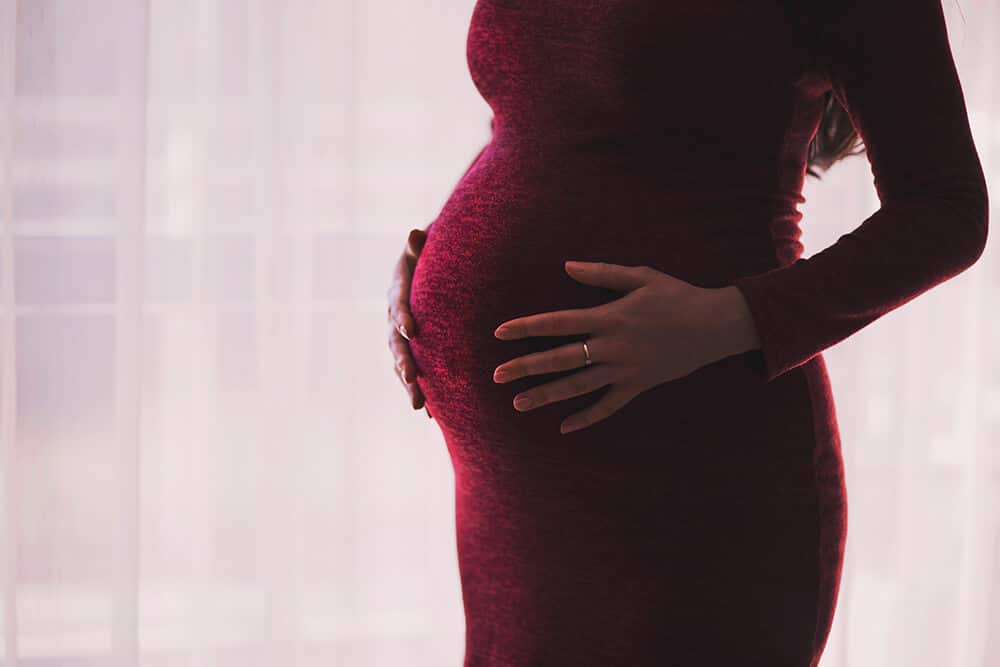When your red blood cells can’t carry enough oxygen to your body, you most likely have iron deficiency anemia, which means that your body doesn’t have enough iron to make hemoglobin, the protein in red blood cells that carries the oxygen. Anemia makes it hard to function because you’re tired and weak, and anemia during pregnancy is no different.
Anemia can happen during pregnancy because pregnant women need double the amount of iron than a nonpregnant woman would need. Since they’re growing another person inside them, they need more blood to get oxygen to the baby. The American Society of Hematology states that the amount of blood in your body increases about 30 percent when you become pregnant.
Another cause of anemia in pregnant women is a low-iron diet. When you’re pregnant, you’ll most likely have to increase your consumption of iron-rich foods or take a supplement with iron to prevent a deficiency. Thankfully, there are some signs that you’ll be more likely to become anemic while pregnant.
How Do I Know If I’m Predisposed to Anemia During Pregnancy?
When you get pregnant, you already have enough to worry about because you’re maintaining your health for both you and your baby. But your health may be compromised if you develop anemia while you’re pregnant. Here are some ways to know if you’re predisposed to becoming anemic when you get pregnant, as mentioned by Mayo Clinic:
- You’re already anemic
- You have a heavy menstrual flow
- Your diet is low in iron and vitamin C, which helps you absorb iron
- Your morning sickness is severe
- You’re less than 20 years of age
- You’re pregnant with more than one baby
- Your pregnancies have been back to back
- You lost an unusually large amount of blood in previous deliveries
Anemia during pregnancy can be hard to spot because a lot of the symptoms are the same as regular pregnancy symptoms, like fatigue, shortness of breath, dizziness, and headaches. If you experience increasing paleness, a rapid heartbeat, and trouble concentrating, though, you should ask your doctor about anemia.
Even if your doctor finds you aren’t anemic, it’s best to express your concerns because otherwise you could go undiagnosed and risk the health of you and your baby.
What Happens If Anemia Isn’t Diagnosed During Pregnancy
Even if you do go to your doctor, they might fail to diagnose your anemia. This is not only poses a risk to your health, but also can affect your baby’s health. If your anemia goes undiagnosed, your baby could become severely anemic which could lead to other health issues, like brain damage from a lack of oxygen.
Since there is a risk of low birth weight and stillbirth when anemia is left untreated, you’ll want to check with your doctor and get diagnosed as soon as possible. But if your doctor in Philadelphia failed to diagnose your anemia while you were pregnant, and it led to a birth injury for your baby, or worse, then you’ll need an experienced birth injury lawyer in your corner. That’s where Shrager, Sachs, & Blanco, Attorneys at Law comes in.
Your baby’s health is precious, and if a mistake made by a doctor has compromised their health, or your own, then you deserve justice for those actions. With our legal representation, you can rest assured we will hold them responsible for their wrongful actions, and hopefully prevent this from happening to any other mother or her baby. Contact us today so that we can discuss your potential claim and our next steps we can take in the legal process.









